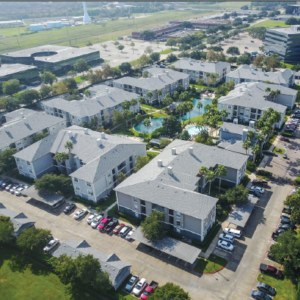Questions about what employment habits will look like after the pandemic are bringing increased uncertainty to the office sector. Large occupiers are putting their long-term commitments on hold and buyers are having a tough time pricing this market. It’s becoming clearer that companies are rethinking their remote working policies going forward, giving worry to the demand for office space. COVID has given momentum to the decreasing demand in CBD space, leading investors to believe that occupancy and asking rents are sure to take a dive in the next year for premier space.
Below are key takeaways from the following report:
Beyond the Global Health Crisis: National Office Outlook – Marcus & Millichap – Report Link
National Office Report – Yardi Matrix – Report Link
Download the PDF version of this report here:
Beyond the Global Health Crisis: National Office Outlook
Marcus & Millichap
- Some large tech companies have announced a full transition to remote work, raising questions over the future of the traditional office model
- For most companies, office space will remain essential to their vast operation, though many will adopt a more flexible model that allows for some days to be remote
- Office vacancy pushed up 60 bps nationally as many companies put long term commitments on hold
- It is estimated that about 37% of the workforce could plausibly do their job from home
- In a recent survey, 82% of companies said they will allow remote work part of the time
- Secondary and tertiary markets are proving to be more stable and resilient as companies can access a larger talent pool and operate on lower expenses
- Larger cities with a high cost of living are facing an exodus and will have continued problems in the next year
- Deal flow for CBD office assets declined 72% over 12 months prior, and suburban transaction volume declined 54%
- When cap rates begin to stabilize, with rates so low office investments will see a flood of capital
National Office Report
Yardi Matrix
- Asking rent rose $0.11 in August from the previous month but continues to experience slightly negative year-over-year growth. It decreased by 0.4% since August 2019
- Speculation continues that office developers are moving more and more to the suburbs. In January, 20.8% of all planned office properties were in the CBD. In August, that number was 15.9%.
- Office-using employment decreased 5.1% year-over-year in August, slightly better than the 6.8% in the overall labor market




